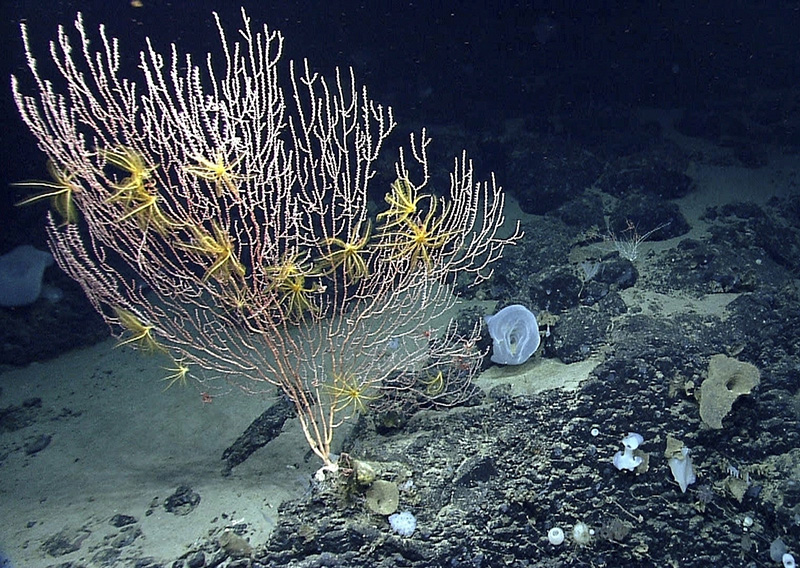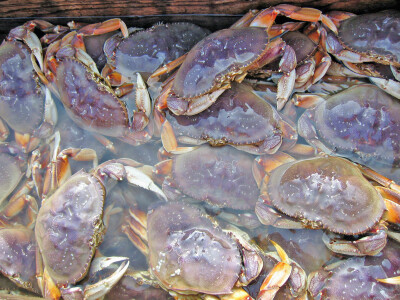(The following is excerpted from a letter to Commerce Secretary Wilbur Ross from the eight U.S. regional fishery councils.)
On May 19, 2020, Assistant Administrator for NOAA Fisheries Chris Oliver sent a letter on your behalf to the nation’s eight Regional Fishery Management councils requesting that each submit a prioritized list of recommendations to reduce burden on domestic fishing and to increase production within sustainable fisheries as required under Section 4 of President Trump’s May 7, 2020, Executive Order 13921 on Promoting American Seafood Competitiveness and Economic Growth.
The councils appreciate Oliver’s support of U.S. fisheries and his efforts on the EO, which offers the councils an opportunity to provide their recommendations. Each council will do so individually within the next few months.
However, at a time when our nation’s fisheries are experiencing the devastating impacts of the covid-19 pandemic, the Council Coordination Committee believes immediate action to support American fisheries is urgently needed. Therefore, we would like to collectively reiterate several of our previous points and recommendations regarding Marine National Monuments and the unintended consequences for our nation’s fisheries.
The ban on commercial fishing within Marine National Monument waters is a regulatory burden on domestic fisheries, requiring many of the affected American fishermen to travel outside U.S. waters with increased operational expenses and higher safety-at-sea risks. Fishing restrictions in Marine National Monuments force these U.S. fishing vessels to compete in international waters with less regulated and monitored foreign fleets, which are often highly subsidized.
There is no peer-reviewed literature that demonstrates conservation benefit of the monument fishing restrictions to the highly migratory stocks that are targeted. Marine National Monument designations in their present form hinder the councils’ ability to sustainably manage fisheries throughout their range, and they restrict the councils and the National Marine Fisheries Service from acquiring invaluable knowledge about the stocks and the marine ecosystem made available through catch-and-effort and observer data.
Given the urgency of the threats facing our nation and its fisheries, we hope you will continue to support our nation’s fisheries and fishing communities by encouraging the president to restore management of fishing throughout the U.S. EEZ, including Marine National Monument waters, to the councils and the Secretary of Commerce as implemented by the Magnuson-Stevens Act.
Marcos Hanke, Caribbean Fishery Management Council
Simon Kineen, North Pacific Fishery Management Council
Dr. Thomas Frazer, Gulf of Mexico Fishery Management Council
Phil Anderson, Pacific Fishery Management Council
Mike Luisi, Mid-Atlantic Fishery Management Council
Jessica McCawley, South Atlantic Fishery Management Council
Dr. John Quinn, New England Fishery Management Council
Taotasi Archie Soliai, Western Pacific Fishery Management Council






